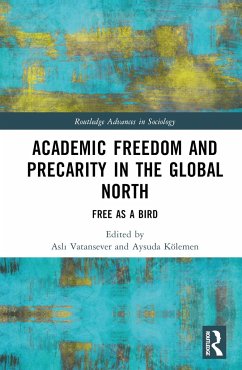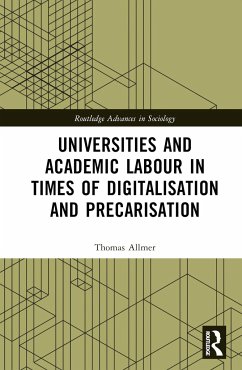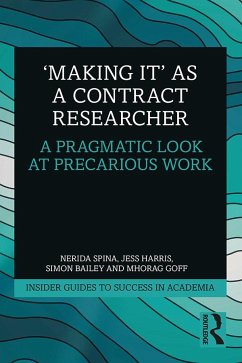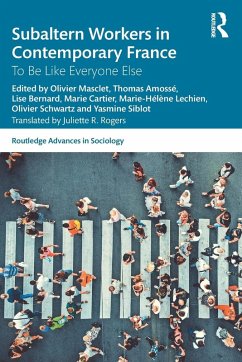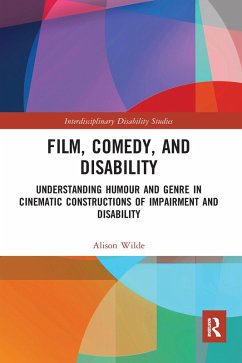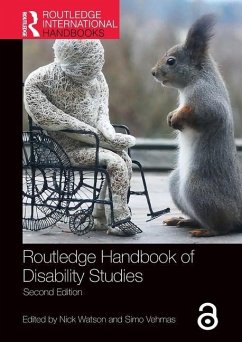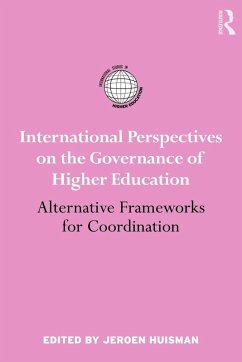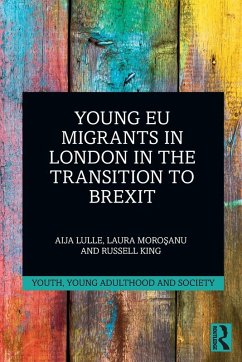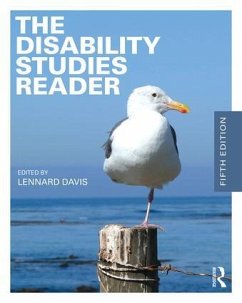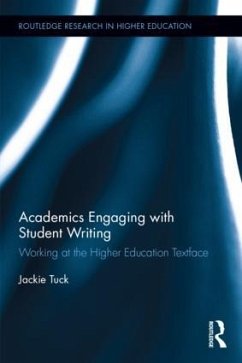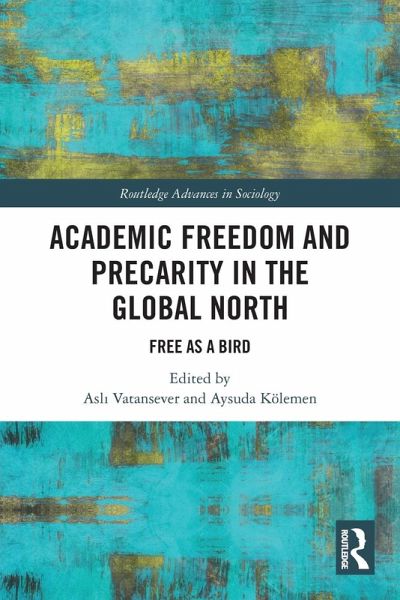
Academic Freedom and Precarity in the Global North
Free as a Bird
Herausgegeben: Vatansever, Asli; Kölemen, Aysuda
Versandkostenfrei!
Versandfertig in 6-10 Tagen
43,99 €
inkl. MwSt.
Weitere Ausgaben:

PAYBACK Punkte
22 °P sammeln!
With contributions from six leading scientific countries of the Global North and from the general European Higher Education Area, this book questions the predominant view on academic freedom and pleads for a holistic approach.While academic freedom has been a top agenda point for the global scientific community in recent years, the public and academic discourse has often been marked by a negative interpretation of the term understood merely as exemption from state intervention and censorship. The contributions in this edited volume demonstrate, however, that this is not where the story ends: t...
With contributions from six leading scientific countries of the Global North and from the general European Higher Education Area, this book questions the predominant view on academic freedom and pleads for a holistic approach.
While academic freedom has been a top agenda point for the global scientific community in recent years, the public and academic discourse has often been marked by a negative interpretation of the term understood merely as exemption from state intervention and censorship. The contributions in this edited volume demonstrate, however, that this is not where the story ends: the ability to exercise academic freedom not only involves the freedom of expression in its abstract sense but should involve the capability to determine research agendas and curricula independently from market pressures or threats of career sabotage, and to resist workplace misconduct without fear of losing future career chances.
Providing a differentiated picture of contemporary structural limits to academic freedom in advanced democracies, this volume will be of great interest for not only scholars of higher education, but for the entire academic community.
While academic freedom has been a top agenda point for the global scientific community in recent years, the public and academic discourse has often been marked by a negative interpretation of the term understood merely as exemption from state intervention and censorship. The contributions in this edited volume demonstrate, however, that this is not where the story ends: the ability to exercise academic freedom not only involves the freedom of expression in its abstract sense but should involve the capability to determine research agendas and curricula independently from market pressures or threats of career sabotage, and to resist workplace misconduct without fear of losing future career chances.
Providing a differentiated picture of contemporary structural limits to academic freedom in advanced democracies, this volume will be of great interest for not only scholars of higher education, but for the entire academic community.





